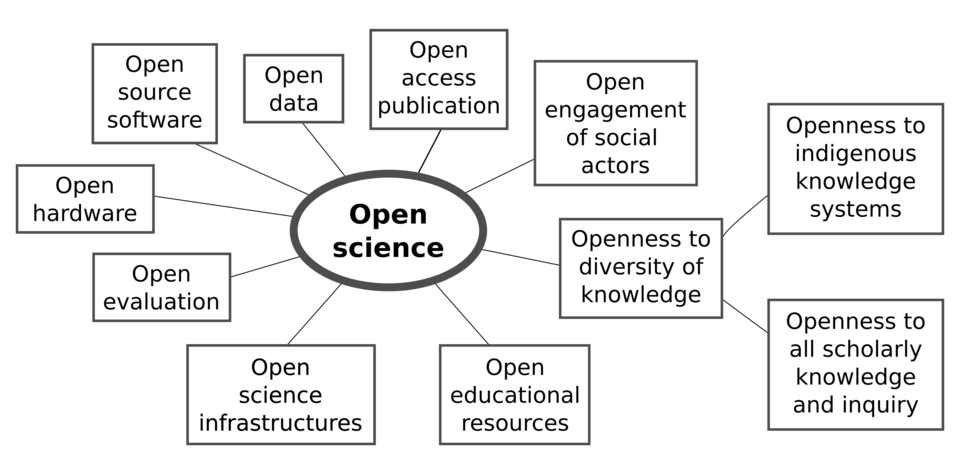
Where Open Science is Needed Most: Fostering Transparency and Collaboration Across Research Domains
Where Open Science is Needed Most: Fostering Transparency and Collaboration Across Research Domains https://opusproject.eu/wp-content/uploads/2023/08/Osc2021-unesco-open-science-no-gray.png 960 461 Open and Universal Science (OPUS) Project Open and Universal Science (OPUS) Project https://opusproject.eu/wp-content/uploads/2023/08/Osc2021-unesco-open-science-no-gray.pngThe Crucial Role of Open Science
Open science has fundamentally reshaped how researchers engage with their work, peers, and the wider society. By promoting transparency, collaboration, and the sharing of research outputs, open science ensures that knowledge is disseminated more widely, contributing to the robustness and reproducibility of findings. This approach empowers scientists from diverse backgrounds to contribute to and build upon existing research, ultimately leading to more rapid scientific progress.
Where Open Science Thrives
- Medicine and Healthcare: Open science has the potential to revolutionize medical research and healthcare delivery. Rapid sharing of clinical trial data, genomic information, and treatment outcomes can lead to more accurate diagnoses, better treatment options, and improved patient care. Collaborative efforts in deciphering complex diseases like cancer or rare genetic disorders benefit immensely from open science, allowing researchers to pool resources and expertise.
- Climate Science: Climate change is a global crisis that requires collective efforts. Open science enables researchers across the world to collaborate on modeling, analyzing environmental data, and proposing strategies for mitigation and adaptation. Transparent access to climate data and methodologies is crucial for fostering a comprehensive understanding of the Earth’s changing climate and formulating effective policies.
- Data Science and AI Research: Open science principles are essential in the realm of data science and artificial intelligence. Sharing datasets, algorithms, and code fosters transparency in AI research, ensuring that findings can be independently verified and extended. This is particularly important as AI technologies increasingly impact various aspects of society, from healthcare to autonomous vehicles.
- Social Sciences and Education: Open science encourages the sharing of social research data, promoting evidence-based policy-making and educational practices. In fields like psychology and sociology, transparent methodologies and open data help address concerns about replication and research bias, leading to more robust conclusions.
- Global Health Crises: The COVID-19 pandemic highlighted the critical need for open science in times of global health crises. Rapid data sharing, collaborative vaccine development, and real-time information dissemination were essential in coordinating responses and saving lives.
Challenges to Address
While the benefits of open science are undeniable, its widespread adoption faces challenges that must be addressed:
- Cultural Shift: Traditional research cultures often prioritize individual recognition over collaboration. Encouraging researchers to embrace open science requires a shift in academic incentives and recognition mechanisms.
- Data Privacy: Balancing open access with data privacy is a complex issue, especially in medical and social sciences where sensitive information is involved. Striking the right balance is crucial to avoid ethical and legal pitfalls.
- Infrastructure and Funding: Open science requires robust digital infrastructure and sustainable funding mechanisms to support data sharing platforms, open-access journals, and collaborative tools.
Final thoughts
Open science has already made remarkable strides in transforming the research landscape, but its potential is far from fully realized. The areas where open science is needed most align with the pressing challenges of our times, ranging from global health crises to environmental sustainability. By fostering transparency, collaboration, and inclusivity, open science has the power to accelerate discoveries, inform policies, and drive positive change across a multitude of research domains. Researchers, institutions, policymakers, and the public must collectively support and promote the principles of open science to usher in a new era of scientific advancement.
- Posted In:
- Open Science News




